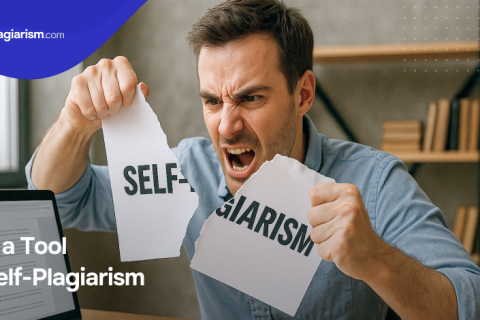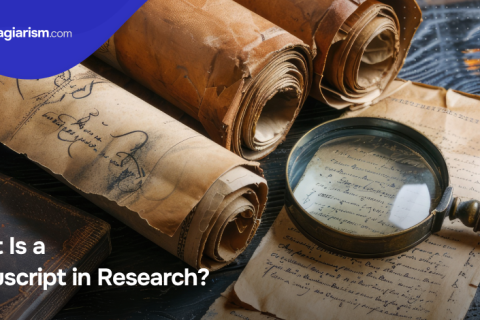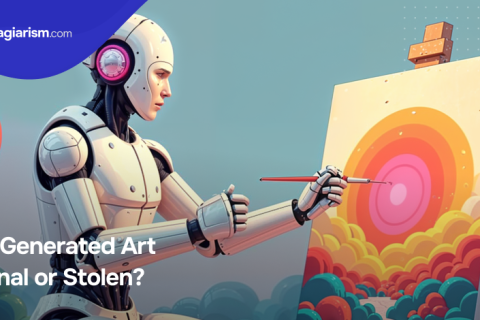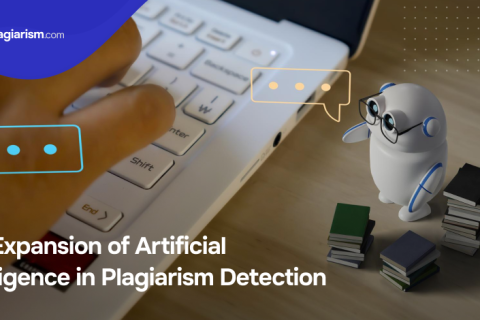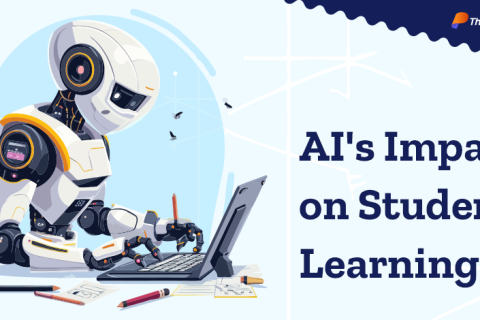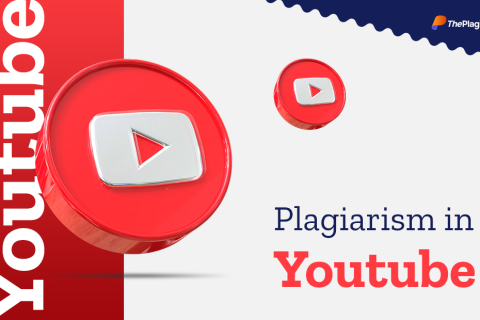Recent plagiarism
08 Apr 2017
A lot of plagiarism has been seen in recent times in many parts of the world. The first case is of a university professor. This professor was caught for publishing a plagiarised article which he got hold of from somewhere. The second case is concerning a junior lecturer from a south East Asian country. In this case, this junior lecturer had plagiarised the work of another lecturer from the west. The final case however has been the most ridiculous and most shameful by far. In this last case, a doctorate had plagiarised from his student’s thesis. All these incidents of plagiarism have been very shameful and have brought a bad to the academic community. These recent cases point to a very disturbing truth that is fast becoming clearer and clearer every day, plagiarising of others works and research is becoming very common nowadays. What is alarming about this truth is that it points out to the unoriginality and low level of intellectual thinking that has become so accepted by so many academics today.
Plagiarism has been defined as the copying or stealing of another’s thoughts and ideas and projecting and/or showing them to be yours without giving any credit to the original author. We need to seriously study this alarming practice as soon as possible. The study of these cases of plagiarised work will help us to get an in depth knowledge and detailed understanding of what is the crux of this issue. A detailed and thorough study will only help us to better understand and combat this dishonest practice. When we think of plagiarism we normally think that it has to do with the copying or stealing of another author or academic’s thoughts or ideas and showing them to be ours. Generally, we think that this only happens in the world of academics. This is not entirely right as plagiarising of other things such as songs, music, art and plays are also considered as cases of plagiarising other people’s efforts.
There are mainly two types of plagiarism that are the most common ones that we see around us these days. The first one is called verbatim. In layman terms this would also be known as the word to word type of plagiarising or the absolute type of copying. This type of copying is done by an absolute amateur or a novice in most cases. These people are generally involved with this type of plagiarising as they are inexperienced and hence do so. They do not realise the nature and consequences of their acts. The second type is the one that is the reworded or paraphrased type. This type of plagiarising is not done by amateurs or beginners. These people do not have the required level of intellect for doing this type of plagiarising. This type of plagiarising is done by experienced intellectuals. In this type of copying, the person involved goes to great lengths to heavily modify the work that he or she is doing. The person takes only major points from other’s works and changes them. The facts and data remain the same but the person changes the language and presentation of the words. The person does everything in his or her power to modify his or her work to such an extent that it becomes difficult to say whether it was plagiarism or not.
However the saddest part of plagiarising is the person doing it. In a lot of cases the person doing it is normally an amateurish student who does not realize the consequences of his actions. But when proper intellectuals such as lecturers and professors do it then it is truly a shameful incident. Such people can be fired from their jobs for such actions. For further information refer to the theplagiarism.com.

